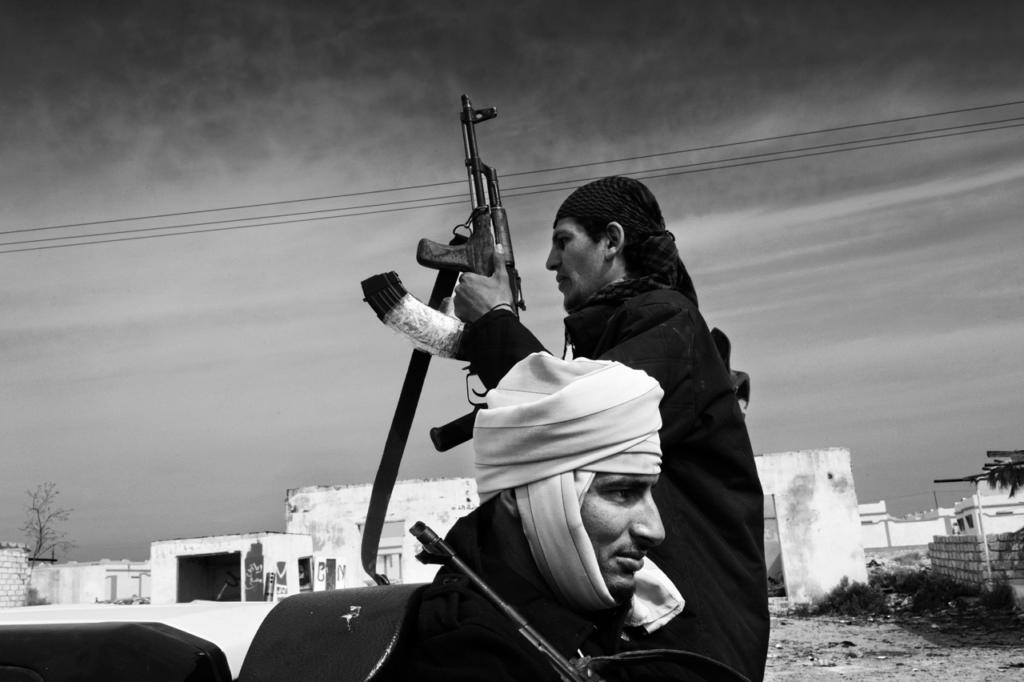 Talk about Riccardo Venturi, Roman photographer, that I met the first time over 16 years ago, it is to speak of our history of world photography , not by age but for his projects and his shots are emotions the world for years . Winner of the World Press Photo in 1997 and 2011 and many others .
Talk about Riccardo Venturi, Roman photographer, that I met the first time over 16 years ago, it is to speak of our history of world photography , not by age but for his projects and his shots are emotions the world for years . Winner of the World Press Photo in 1997 and 2011 and many others .
 Today is also a photojournalist , and his photographic career has seen him at the forefront of almost all the geopolitical events that occurred in the world’s conflict zones where stories and images come from Europe, from Africa , the Middle East … by Sveva Manfredi Zavaglia
Today is also a photojournalist , and his photographic career has seen him at the forefront of almost all the geopolitical events that occurred in the world’s conflict zones where stories and images come from Europe, from Africa , the Middle East … by Sveva Manfredi Zavaglia
The little we meet before its next exhibition in Rome : “CHAOS LIBYA”
Richard tell us about yourself …
1) Riccardo from where it all starts ?
As a boy I have been interested in social issues and even policies before you start to get interested and deal with photography, which took place around 20. A certain element was definitely wanting to discover the different realities and far from my core which, together with the strong desire to travel, he has led me to pursue a career as a photojournalist in a historical moment in which the figure of the photojournalist, as it is understood today, had not yet reached its full legitimacy.
This long journey through the world is the combination of these two elements: the desire to know the world with its social and political issues along with a strong desire to express my point of view through a vehicle, which then turned out to be the one of photography.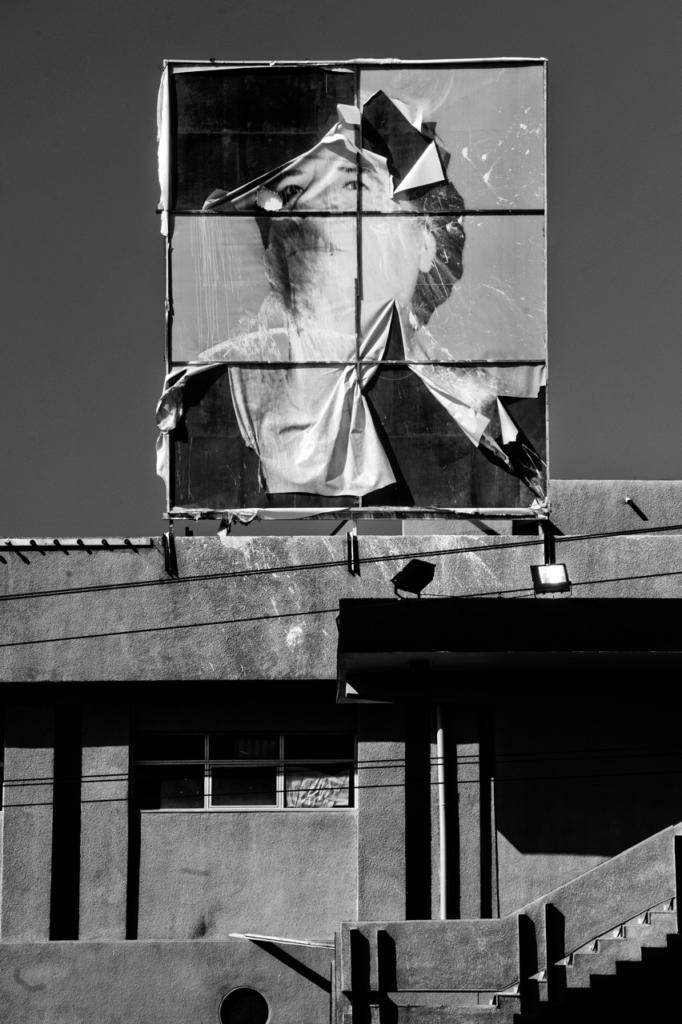
2 ) What has changed since Riccardo Riccardo photojournalist and photographer before today?
I think in the first instance a photographer is applied to the photo-reportage, so I would say that today, as then, there has never been a division between the photographer and the Richard-Richard-photojournalist, if anything, there is no overlap between these two roles, which define my identity.
Riccardo is a photographer and a photojournalist.
In this sense I would say that even the Richard-person is expressed through the photo, it is the way through which most effectively can not express my point of view. However, within the photojournalism surely emerge a different need which is to cover and witness, as honestly and objectively as possible, the different realities with which I have been and are in contact, by asking aims to document the facts maintaining, above all things, a high ethical profile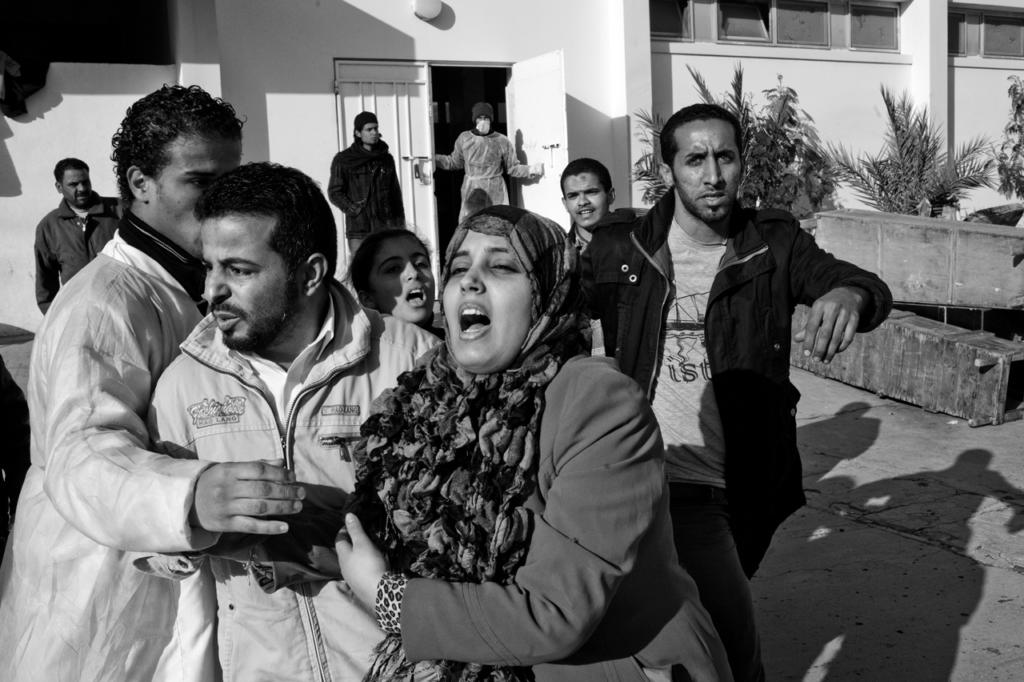
3 ) How and when did this last exhibition ?
This exhibition is the combination of two works somewhat different: a part was, in fact, already exhibited with the title of Shadows, a series of portraits of those who were the martyrs of Libya and the victims of Gaddafi’s dictatorship, while the other is new and better framed in what is the classic photojournalistic story, with images portraying the days when the city of Benghazi rose up against dictatorship. In 2011 I went on site on two separate occasions and, while I carried forward my work as a photojournalist, and a witness of the conflict and of what today has become the Libyan civil war, I started to also develop a personal project, more subjective. On the main square of the city of Benghazi, there was a wall, almost a wall of memory, on which they had been posted, by relatives or friends, hundreds of photos, showing the faces and, consequently, the stories of those who had died or disappeared during the dictatorship of Gaddafi. This needs of the Libyan people not want to forget, in addition to hit me deeply, prompted me to choose among all these faces those who somehow felt like more intense and touching and rifotografarli. Sometimes they were simple photocopies or old photographs pulled out of the drawers and I had the impression of trying in memory of these people to have a different look on what is the question of war and civil conflict.
In conclusion, you can see how one side is a structure more related to an action on the other side there is a reflection on what are the consequences of an armed conflict that also involves civilians.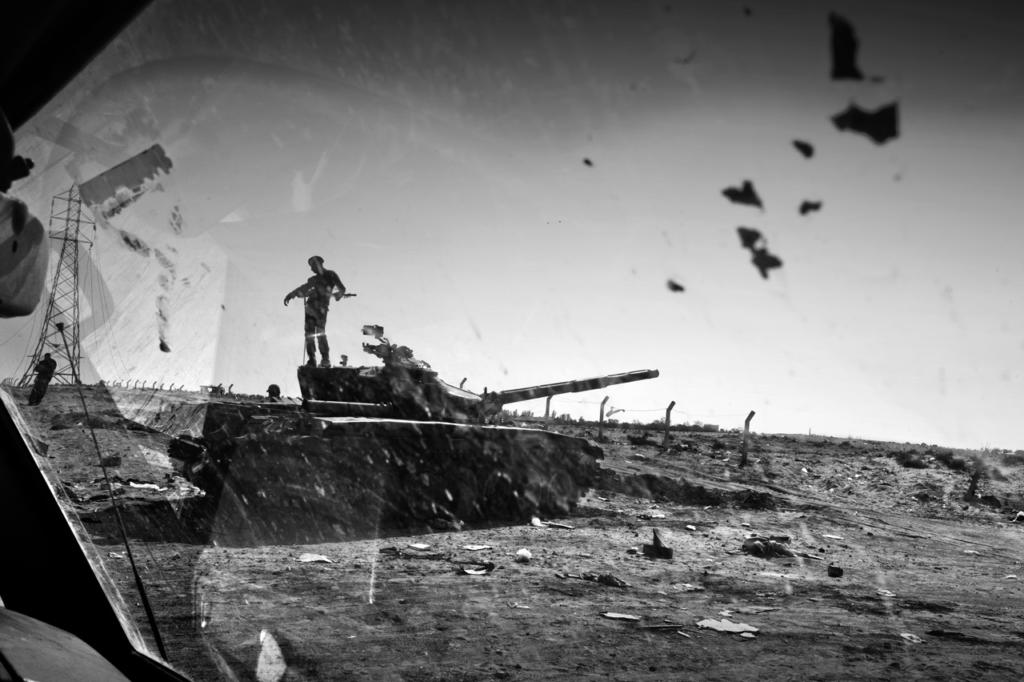
4 ) What do you want us to tell through your shots?
Basically I try to work on two levels: on the one hand an objective narration, a testimony of what I have seen trying to maintain a consistent look, without falsifying the reality but telling it as I have been able to observe, on the other c ‘it is the will to bring not only information but also to push for reflection, and that of my pictures came out a passion and always turned empathy for the human being, part of a social and political context but also extrapolated from this.
My goal is definitely to focus more on the level of humanity and not only on what the news

5 ) The passion and love for photography to where you pushed ?
Photography has shaped me as a human being. It ‘was not only the instrument by which I told the world, but I’ve also investigated within myself, shaping my character and thought.
A double-edged sword in some way: on the one hand tends to affect the reality that I meet and to define it but on the other, doing this, I define myself as well.
Geographically led me to travel from China to South Africa, but certainly the most interesting adventure that I conducted through the photograph was that of allowing me to investigate deeply myself.

6 ) What do you feel when you’re shooting in the most desolate of this world? What vision do you leave those places ?
I am much more comfortable in that kind of world, in this world away from the West and from what should be my natural environment, namely Rome and Europe, where I always feel a bit ‘outsiders. I have recently done work on the UK and I realized that I had more difficulties to live and tell London instead of staying in an African village or in a Palestinian refugee camp where, despite the initial complexities, there was a human and not direct contact It mediated by the technology that I was more easy to live and that makes me feel more at home.
Contrary to how you can imagine, these places marked by strong social and political problems expressing a vitality, a need for redemption, not a resignation paradoxically more intense than that of which you can experience in a Western context, where I often find myself in a reality a bit ‘muffled and overloaded by false needs that make all apathetic.
This sense of apathy, I would venture to say almost of indifference, it is rarely encountered in those areas of the world marked by conflict or poverty.

7 ) What would you like to leave a sign in the viewer your work?
I wish my photos before they hit emotionally without discernment, without a true reflection. I wish they were primarily visual shots and would remain etched in the memory of those who have seen them and maybe, later, they pushed to make a reflection to change the point of view of a story or a situation than what is one stereotype.
A kind of lens through which the viewer approaches the subject photographed.

8 ) This project will have a sequel? When you return to Libya ?
I honestly do not know if and when I return to Libya. The situation is still quite warm and fuzzy, and for now I consider it a closed project, more than being a medium to long-term work, I wanted to give rise to a representation that would express a way of looking at history through a double register.
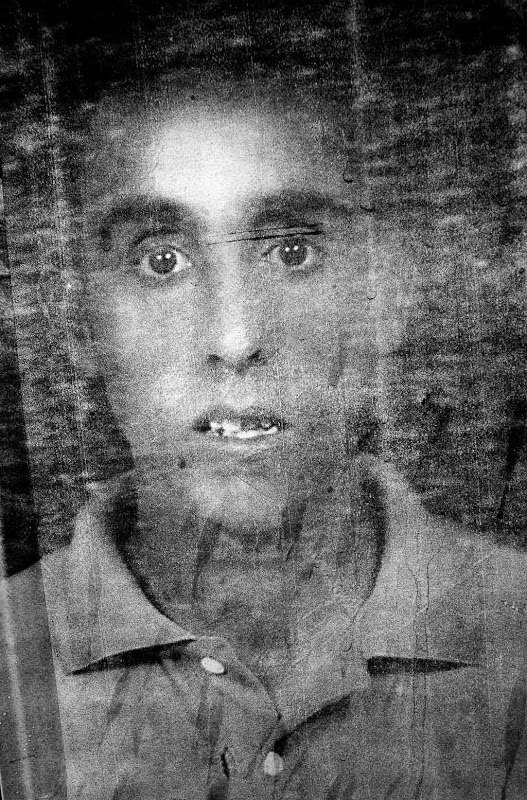
9 ) Black White / or color?
Basically shooting in both color and black and white, although it is undeniable predominance of the latter in the course of my career.
At an instinctive level, for stories that have a strong dramatic value and social, I naturally think of them and taking them in black and white. The color to some extent distracts me and, although it is important to note that black and white is somehow an abstraction from reality very strong as is the photograph itself, I have the impression that it’s through the absence of color, of those typical elements of reality, which is outside the person and its history rather than the environment
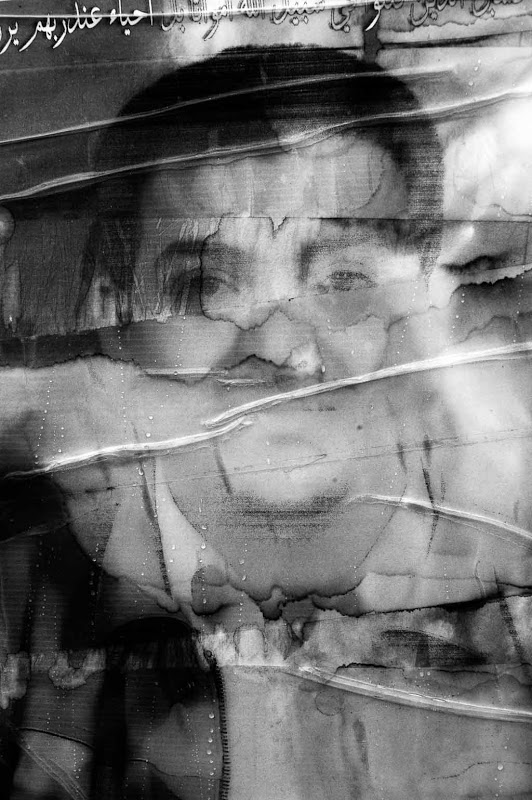
10 ) Who do you like to meet , as a character in the world and why ?
More than famous or important , political leaders or intellectuals , I like meeting people , the human being regardless of role he plays . I believe that each individual has its own story to tell, it’s just knowing how to find the formula and to be able to understand it and come into contact with each other .

11 ) To end , I always ask the artists I meet Richard … creates a question that no one has ever asked you ? ( And so you wanted to hear you ask ) and reply
In view of the development of photography in recent years , though , and what it is right to continue to develop these new forms of expression ? How these tools can be put to good use ?
Photography, ever since he was born about 150 years ago, was an achievement of technology and was an advanced tool, continuing to maintain this status has pioneered instrument to this day.
Today that technology has invaded our lives and the world of the image, so that the new frontiers with which short’ll actually confront are those of 3D and virtual reality, you feel the start of a strong contrast and relative resistance the use of digital. Known, in fact, a strong return to the analogue world, felt almost like the only way ‘pure’ of doing photography, as opposed to that instance of innovation and cutting-edge tool that the medium of photography had been invested. I myself was a photographer who has always experimented with new forms of language: changing formats, realizing, in very difficult times, screenings accompanied by music, mixing the different modes and possibilities of different means of expression. My research and attention to the “new” has not even stopped now: I am, in fact, preparing a photo exhibition on Haiti where a part will be developed in 3D. I think we need to look ahead and let the doors of the future remain open even though at the same time I wonder if I want to be a promoter, with my work and with my artistic choices, of a world which in part a bit ‘scares me. Partly because I was born in the 60’s and partly because I have difficulty in accepting fully this technological world, especially for the use made of certain mediums. What I wonder is whether it is not appropriate to set limits or own stakes in connection with the use of these instruments and, therefore, I also wonder whether it is right or not to proceed in the direction of the avant-garde and the challenges that new technologies require us and we will impose.
Personally I chose to stay with one foot in the tradition without closing the door to new possibilities and forms of expression.
I can not be the judge of what is right and what is wrong but I think that experience is not only a need but also a requirement for an artist. The moment you are offered new tools are right to put them to good use and experience it, although the awareness of the risk of being a promoter, as a photographer and as a person, I do not deny that puts me, in part, uncomfortable.
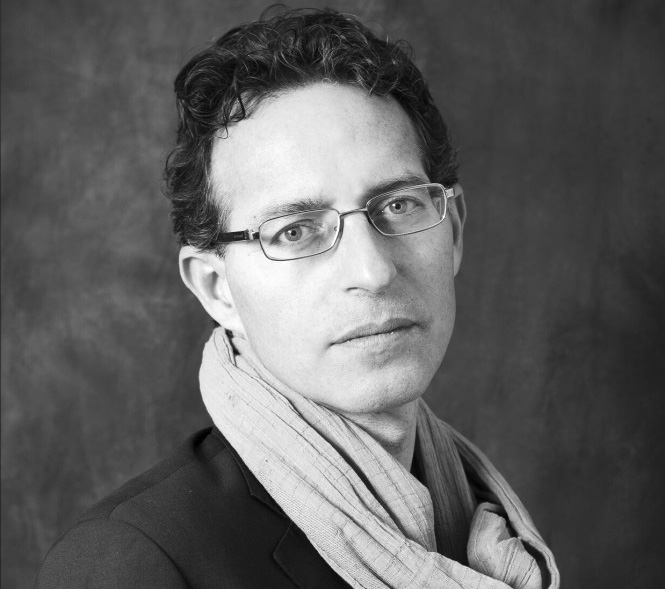 The exhibition by Riccardo Venturi “Chaos Libya” are 50 formal shots of a large size and strength. Surprised, moved and pull us out of great feelings … tell stories through the eyes of those who lived. The exhibition “tells the first moments of the civil war in Libya, when in 2011 Benghazi rebels against Gaddafi’s dictation, in the wake of what were called” Arab Spring “: Portraits of slain dissidents, torture and imprisonment places. www.riccardoventuri.com
The exhibition by Riccardo Venturi “Chaos Libya” are 50 formal shots of a large size and strength. Surprised, moved and pull us out of great feelings … tell stories through the eyes of those who lived. The exhibition “tells the first moments of the civil war in Libya, when in 2011 Benghazi rebels against Gaddafi’s dictation, in the wake of what were called” Arab Spring “: Portraits of slain dissidents, torture and imprisonment places. www.riccardoventuri.com
The photographic exhibition by Riccardo Venturi CHAOS LIBYA from 28 April to 22 May 2016 at Palazzo Velli Expo in Rome, Piazza Sant’Egidio 10
https://sites.google.com/site/chaoslibyariccardoventuri/
Promoted by Palazzo Velli Expo, in collaboration with Akronos and visual, by Ilaria Prilli.
Vernissage
Wednesday 27 April 2016 at 18:30
Information
Palazzo Velli Expo
Piazza Sant’Egidio, 10 Rome
tel +39 06 588 2143
www.palazzovelliexpo.it
Opening hours to the public
Monday to Sunday from 11:00 to 23:00
ticket office
admission to the exhibition € 3,00 – reduced entry € 1.50
Press office
Visual: Alessandro Gambino
cell. +39 320 8366055
She is an independent curator, art advisor and international marketing management consultant. For more than 20 years, he has been a cultural designer of events related to contemporary art with particular attention to unusual spaces and interactions with other arts.

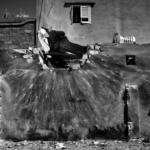
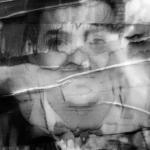
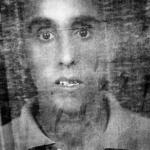
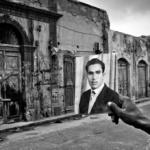
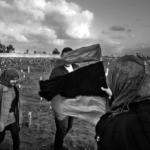
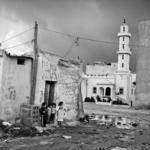
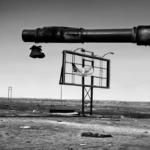
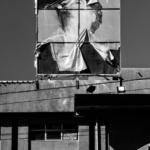
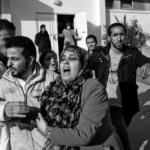
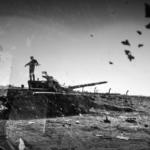
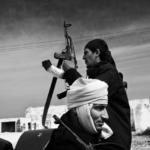
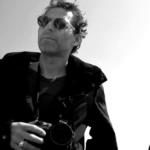
Sveva Manfredi Zavaglia liked this on Facebook.
Arianna Massimi liked this on Facebook.